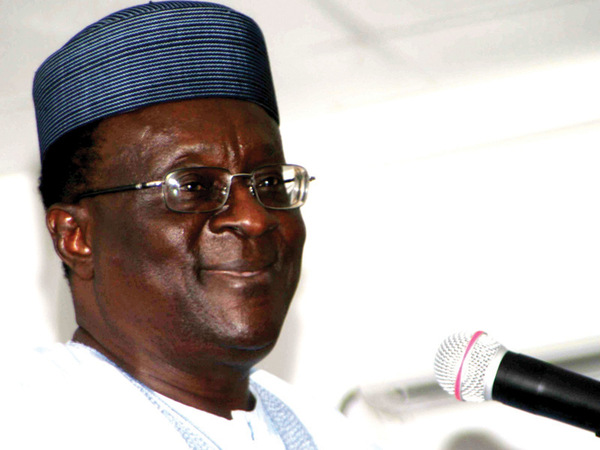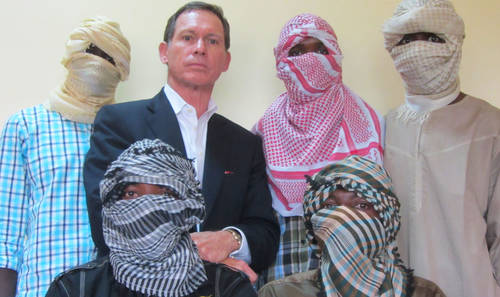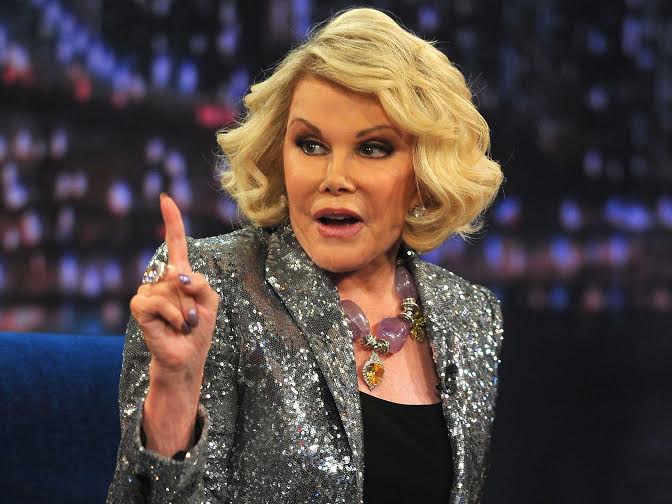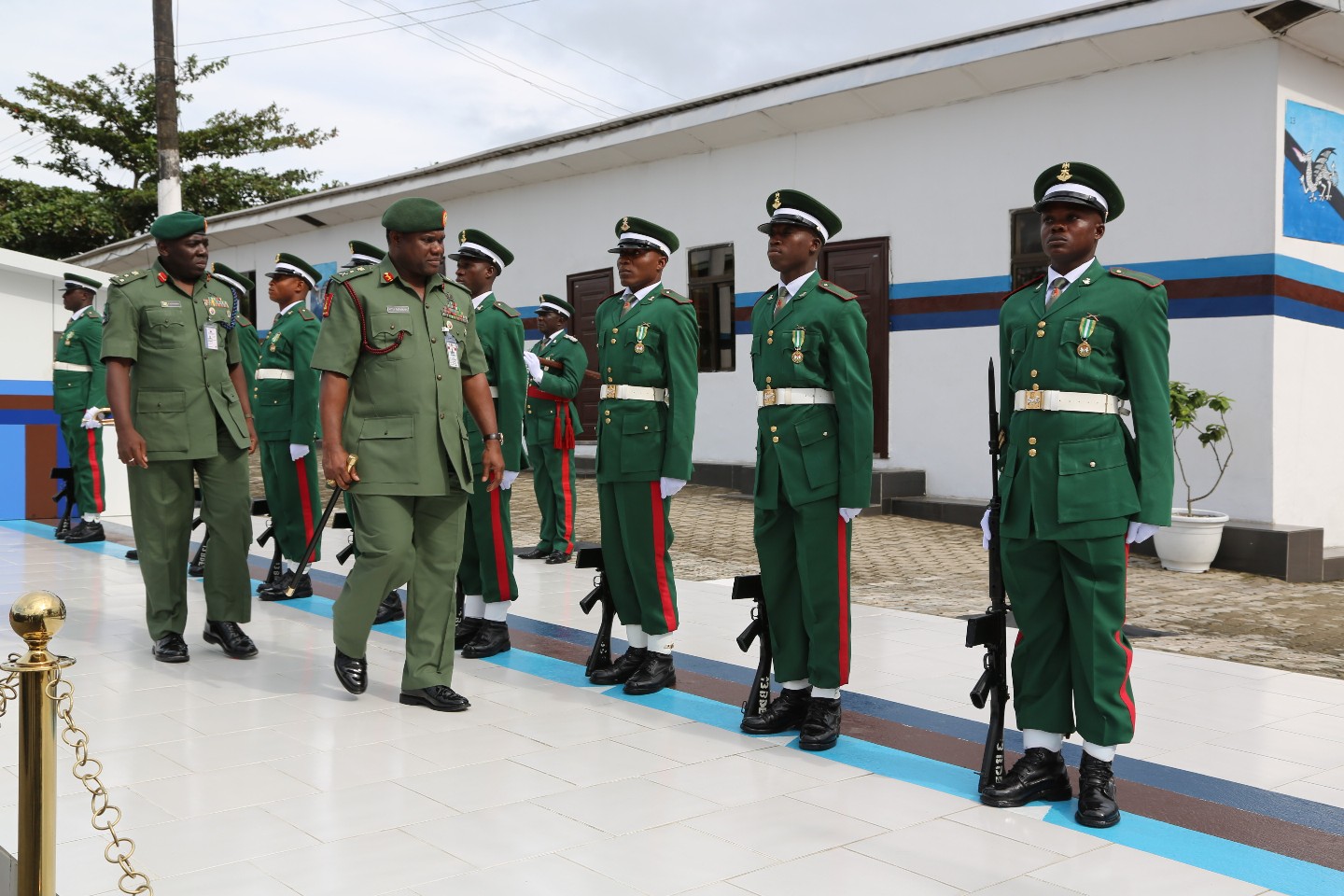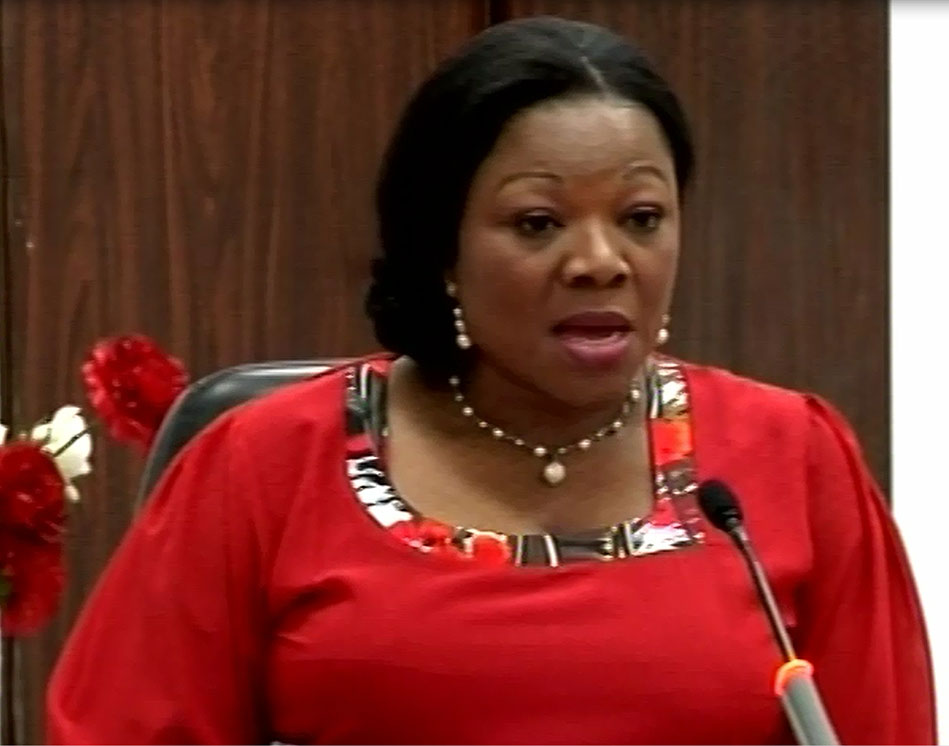HE WAS A TIRELESS PHILANTHROPIST
The late Fawehinmi was a cheerful giver. Just as he fought for justice for the common man in the court, sacrificing his time, he never stopped to render financial aid to them. His father himself was a renowned philanthropist in Ondo state and he collected the baton, awarding scholarships to indigent students irrespective of their states of origin. He was passionate about education; hence he committed much of his resources to sponsoring young people to school. He set up a free library at Surulere in Lagos, which also demonstrated his keen interest in knowledge acquisition. That his major philanthropic gestures were in the spectrum of education cannot obliterate his contributions to feeding and clothing the poor. He did as much as he could.
A DEVOUT MUSLIM, BUT NOT FANATICAL
He was born into a Muslim family. His father was the Seriki Musulumi of Ondo. He followed the path of his father, but never with fanaticism. He balanced religion with reason. Throughout his lifetime, he preached peace and tolerance, and called for harmony among Nigerians of different religious persuasions.
NATIONAL HONOURS MEANT NOTHING TO HIM
In 2008, he rejected the award of the Order of the Federal Republic, the higher of the two honours that can be conferred on a citizen by the Nigerian government. He rejected the award in protest of years of misrule since Independence. Fawehinmi formed the National Conscience Party (NCP) in 1994 and contested for president on its platform in 2003, but the peoples’ president was not elected president, placing fifth behind Jim Nwobodo, Chukwuemeka Odumegwu Ojukwu, Muhammadu Buhari and the winner, Olusegun Obasanjo. One of his wives would later reveal that ‘Gani’, as he was fondly called, confirmed in his final moments that his inability to secure an elective position with which to practise his democratic ideals was his only life regret.
Advertisement

